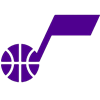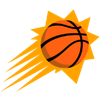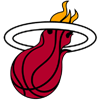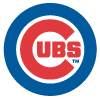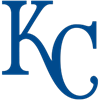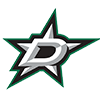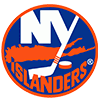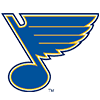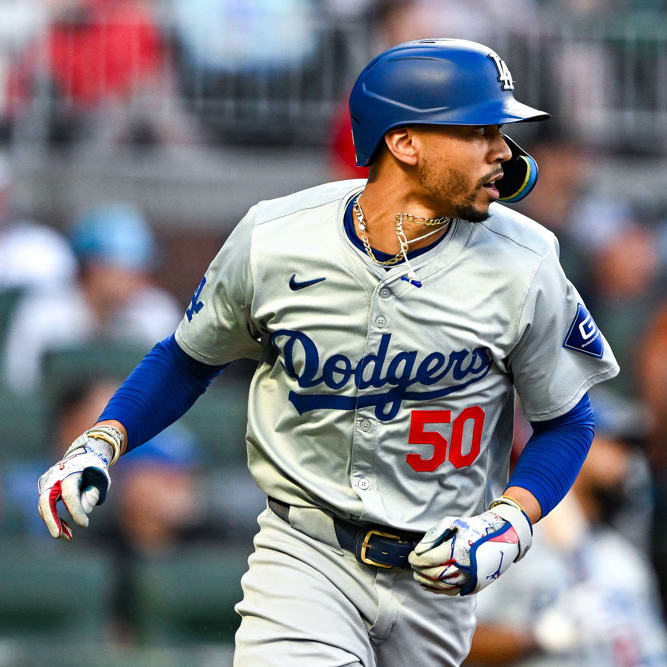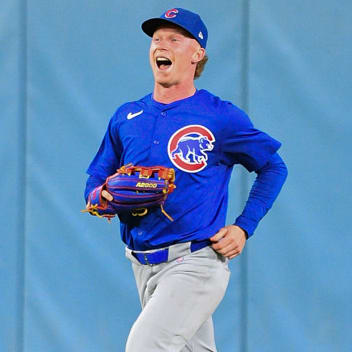Spring training has just started and fantasy sports players are researching their season-long drafts, but you can also start your daily fantasy baseball preparation. Throughout March, I will have a series of articles geared mostly toward beginner and small-stakes players.
The first installment of this series focused on how to get started, what to think about, how to go about getting prepared for the season. Most fantasy players jump into DFS without a plan and expect it to go just like season long. You might be a successful season-long player, but there is a learning curve with DFS and EVERYONE goes through it.
This week's article focuses on how to do basic research on hitters. Next week I will cover starting pitcher research.
Research
The first thing you need to do is understand the profile of players you want in your lineup. You want to research the players and scenarios that are optimal for cash lineups. Consistent optimal performance is key to selecting your hitters for cash games in daily fantasy baseball. In cash games (double ups, 50/50s, head to heads) you are only looking to beat half of the field. Because hitting is extremely variant, the key is locking in on the scenarios that give you an edge.
For Hitters, I look at these three characteristics: Batting Eye, Contact, Power (gets on base, puts the bat on the ball, ability to drive in runs with extra-base hits).
For Pitchers, I look at these three characteristics: Command, Control, Risk (ability to strike out batters, keep runners off base, keep the ball in the park).
Let's start by pulling stats (Fangraphs) and setting up an Excel spreadsheet with 2015 totals and 2013-2015 overall totals for wOBA (versus left-handed pitching, right-handed pitching, home and road) and BB/K%. You have to pull each one separate and then click on Export Data to bring it over to Excel. The reason I look at both time periods is that players' teams/parks/leagues and skills change year to year. A hitter at 30 years old vs. 33 years old could show a significant difference in a decline of skills.
I am only giving you two categories to pull because this is geared toward first-timers and small-stakes players. Information overload can kill you in daily fantasy baseball when you first start out, so let's keep it simple in the beginning. As your game develops, you can add additional statistics like contact rate, hard hit ball percentage, line drive percentage and standard deviation just to name a few.
After you have the data pulls, sort by player name and take note of hitters' differences against each handed pitcher and their home/road splits. You want to become familiar with where each hitter has an edge, ranks versus the position the play and the rest of the league. I often hear analysts says something like "Wong only hit 10 home runs." Well, Kolten Wong's power versus Nolan Arenado is irrelevant, you want to compare Wong versus a similar player like Jason Kipnis to determine the better play at second base. Look at what is the average wOBA and BB/K% for a second baseman and then sort/rank them.
The next thing I do is create an optimal profile for each player with two columns "home/road" and vs. "LHP/RHP." Take note that under both, the player could also fall under "neutral." Neutral being that there is no significant edge whether he is home/road or facing a LHP/RHP. Mike Trout would be an example of a neutral hitter. He has hit against everyone and everywhere equally well throughout his career.
Fangraphs has a splits page (advanced section) for each player that shows Home vs. L, Home vs. R, Road vs. L, Road vs. R. You will have to create five columns for wOBA and BB/K% and enter the stats manually. This will take a while, but you will be learning as you go and understanding the scenarios for when you should take each player in a cash game. There will be some players you will never use in cash games because their hitting profile does not show any splits edge on wOBA and has a low BB/K% (Adam Jones would be an example).
Let's use Josh Donaldson as an example from 2015. Since it was his first year in Toronto, we will only look at last year's data. Here are Donaldson's wOBA and BB/K% splits for each.
wOBA Overall - .398
Home vs. L - .453 (+14%)
Home vs. R - .433(+9%)
Road vs. L - .402(+1%)
Road vs. R - .347(-13%)
BB/K% Overall – 0.55
Home vs. L – 0.77 (+40%)
Home vs. R – 0.46 (-16%)
Road vs. L – 0.80 (+45%)
Road vs. R – 0.55 (0%)
The biggest argument against using these numbers has been that the sample sizes vs. LHP are too small (71 PA Home and 67 PA Road). But we do know that Donaldson crushes LHP and Toronto favors RHB, so those pieces of data validate Donaldson's 2015 splits.
Home vs. LHP would be an example of a DFS profile for Josh Donaldson because he consistently crushes left-handed pitching, has plus-40 percent BB/K, and Toronto is a hitters' park especially for right-handed batters. You can also play him in tournaments on the road versus left-handed pitching because his edge is so high on BB/K% at plus-45 percent, and players might stay away thinking he is only optimal at home.
There is no hard set rule on the classification, it is more for you to get comfortable learning the profile of each hitter, so when doing your daily research it comes to you immediately. This is an example of research you can do now before the season starts. Remember it is all about cutting your daily research time down to one hour (15-30 minutes the night before and 30-45 minutes on the day of).







